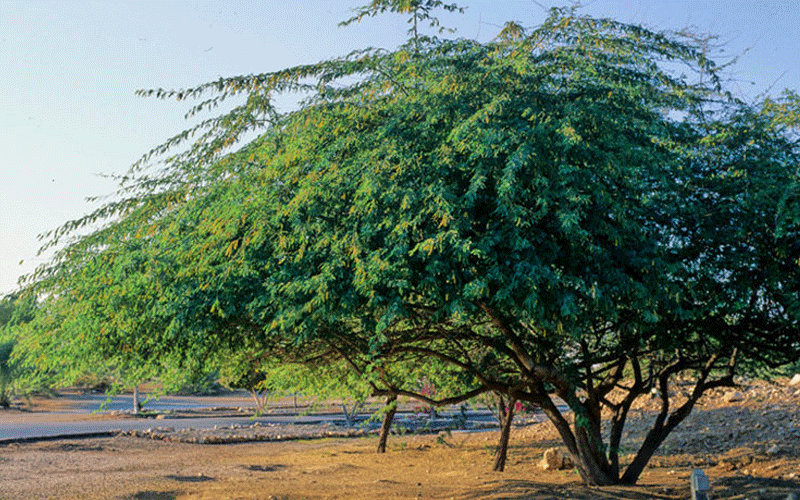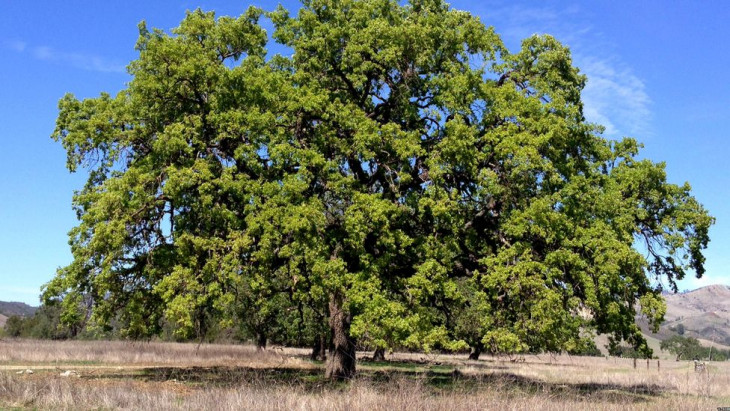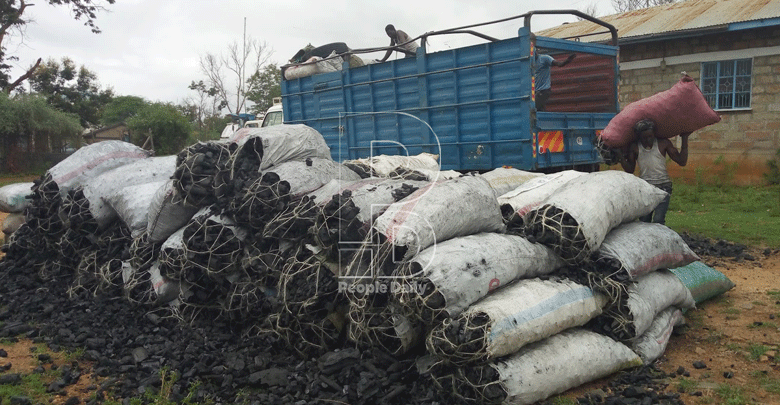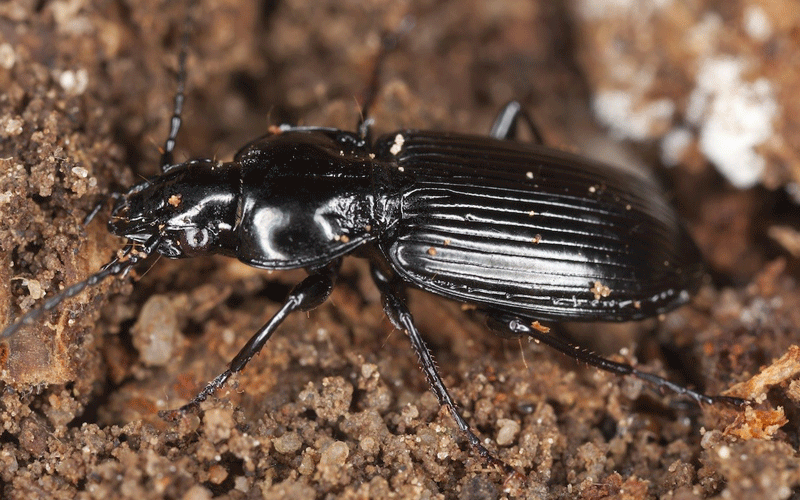Boosting ‘Mathenge’ charcoal yield

Adoption of better methods of wood management and harvesting, charcoal kiln production and marketing could help yield over 37 million tonnes of charcoal in Kenya from the notorious weed, Prosopis juliflora, popularly known as mathenge.
A study conducted by the World Agroforestry Centre (Icraf) shows that incomes from this charcoal could employ 500,000 people, directly boosting local earnings and averting poverty in mostly arid and semi-arid regions.
Initially introduced to control soil erosion and rehabilitate denudated areas in Baringo, the weed quickly became invasive destroying pastureland and other agricultural lands.
At first, the alien species made life better for dryland communities because it grew on barren landscapes, reduced soil erosion and dust storms, providing shade and pods for livestock.
It was reported to spread incredibly fast as between 500 and 1,300 hectares per year.
Its thorns soon became injurious to locals while its sweet pods damaged the teeth of cattle and goats.
Invasive weed
Yet, this weed is now providing an alternative source of wood to produce sustainable charcoal while supporting livelihoods in rural households in drylands, which happen to be hurt more by vagaries of climate change.
Following an ICRAF training in 2019 on sustainable wood management and harvesting the invasive weed, farmers in Baringo were able to learn how to convert charcoal waste into briquettes or biochar for soil improvement and for clean cooking.
They also learnt how to dry wood to below 20 per cent moisture and arranging wood tightly to reduce air spaces and enhance heat transfer.
They were able to boost charcoal quality with new kilns using six breathers and two chimneys, leading to an increased yield of 50 per cent, compared to traditional methods.
Researchers have called for national and local charcoal regulations to support Prosopis charcoal farming to provide rural households with a source of income.















